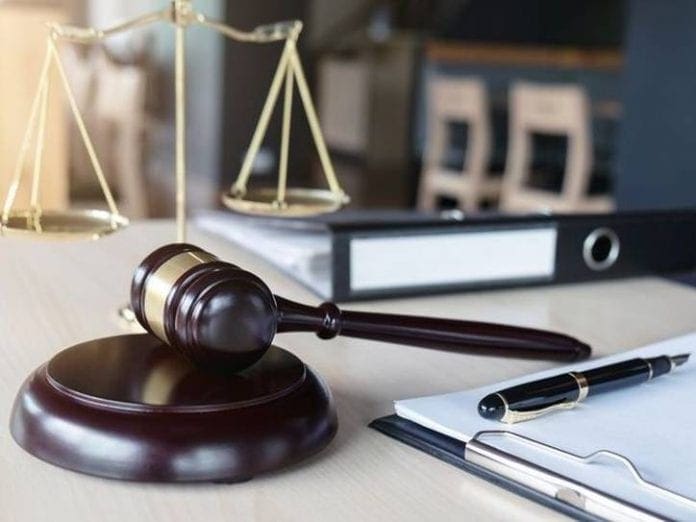There are several kinds of workplace discrimination employees may face. Regardless of the type of discrimination, it can adversely impact a person’s professional or personal life. In the United States, federal law prohibits discrimination based on religion, nationality, race, sex, disability, pregnancy, sexual orientation, and genetic information. Whether the person is an applicant or an employee, treating someone at work differently based on the above-mentioned factors is considered workplace discrimination.
Scenarios that could be recognized as workplace discrimination
Legalities in workplace discrimination in Los Angeles (or any state) are classified into different types. This kind of categorization helps streamline the process of litigation when it arises. Here, in Los Angeles, California, state laws define unfair treatment, various kinds of harassment, and discriminatory practices in a professional capacity. Here are some :
- Unfair employment terms
- Bias at a workplace
- Unacceptable workplace conditions or behavior
Here are some examples that might sound similar to your or an acquaintance’s offbeat experience that will qualify as workplace discrimination.
- Making offensive remarks about personal traits such as skin color, custom or nationality.
- Causing hindrances in bad faith. Such acts could affect a colleague’s ability to perform their duties efficiently.
- Asserting or enforcing company rules and policies that are unfair and may negatively impact someone.
- Retaliation to sexual harassment.
Experiencing such discrimination at your office easily qualifies as a workplace discrimination case. You have the rights to litigate and pursue liable compensation or settlement. According to expert workplace discrimination lawyers in Los Angeles, you can even perform legal proceedings with a warning or notifying your employer.
Some details you can’t miss out on
As you might already know, it’s of utmost importance to not ignore and carefully verify every tiny detail of your case. These details may come in handy later in unexpected ways. So make sure you write down as many details as possible about the incident. Here are a few pointers that could help you:
- Remember to specify the right dates and times concerning the matter in question. Even the smallest mismatch in your statements could get your case dismissed in a court of law.
- Always mention the alleged party(s) and their name(s) without errors. Ensure that the chain of incidents fairly matches with possible witness statements collected from either side. It could be beneficial to ask witnesses to provide their version of what they saw or heard. Always seek assistance from a qualified workplace discrimination lawyer while doing so.
- Look for evidence. Things like your employer’s response after reporting the incident to them, how the report was prepared (verbal/written), who it was reported to, emails exchanges, or other relevant documents etc. could qualify as evidence for your case. Even the employee handbook might come in handy.
How can a lawyer help?
It’s common for a regular person to fail to grasp details in documents like employment agreements or insurance policies. These details could either help you or be used against you. That’s why it’s advised to hire a workplace discrimination lawyer to fight on your behalf and guide you through the process.
Plaintiffs need to prove a few things other than just the incident to have better chances of winning the case and be settled. While scrutinizing the alleged party’s actions and the incident(s), your attorney will also be striving to prove a few factors such as how deserving a candidate you were, achievements during your employment period etc. It is also important to prove that the incidents in your case happened solely because of your protected class status. The court and the jury also need to be convinced that you or no one deserves to be treated as such while you worked with utmost sincerity and integrity.






